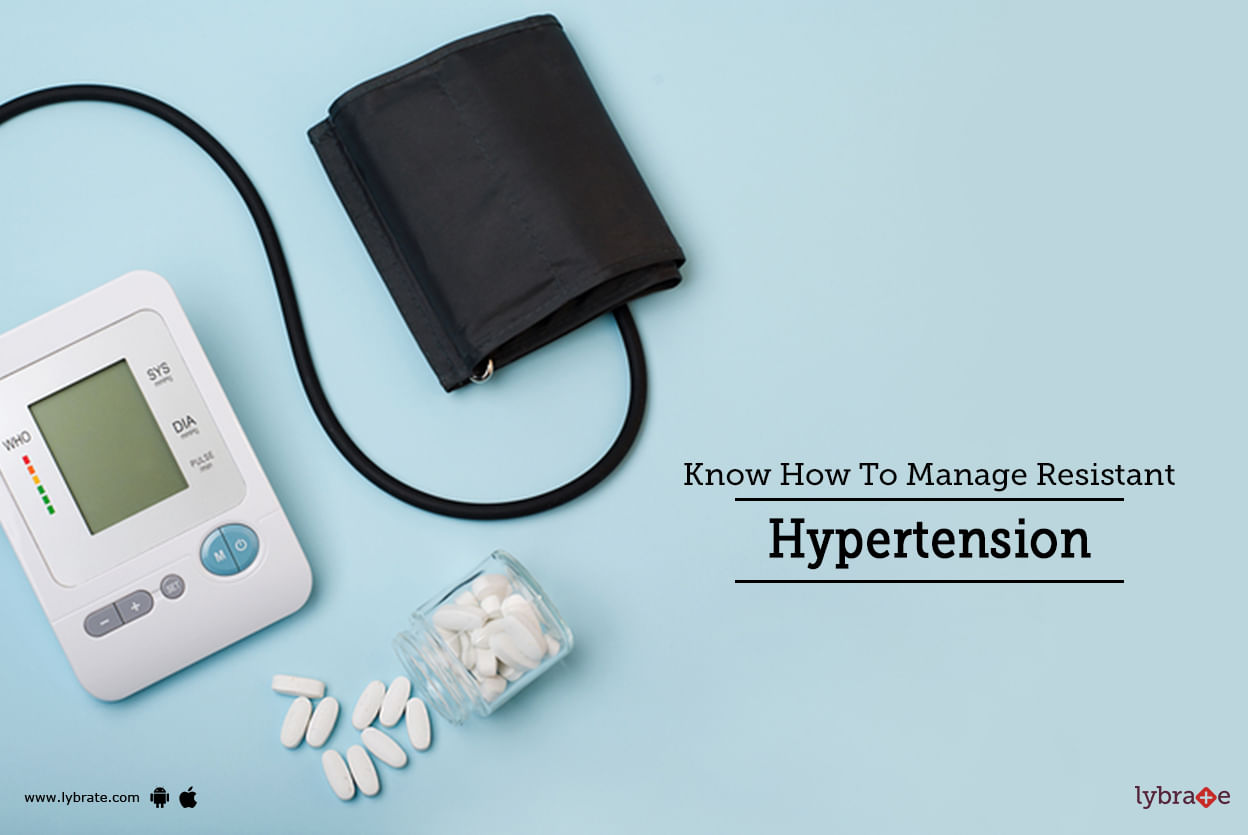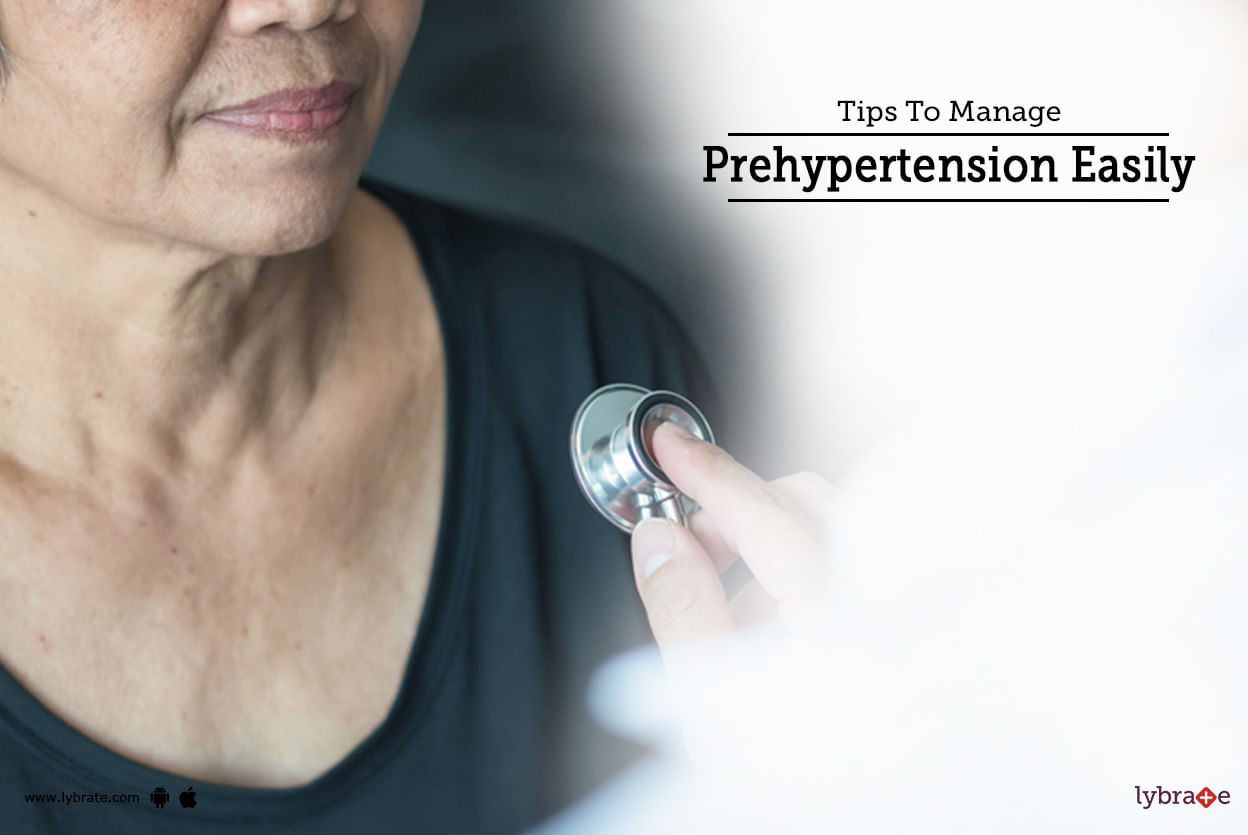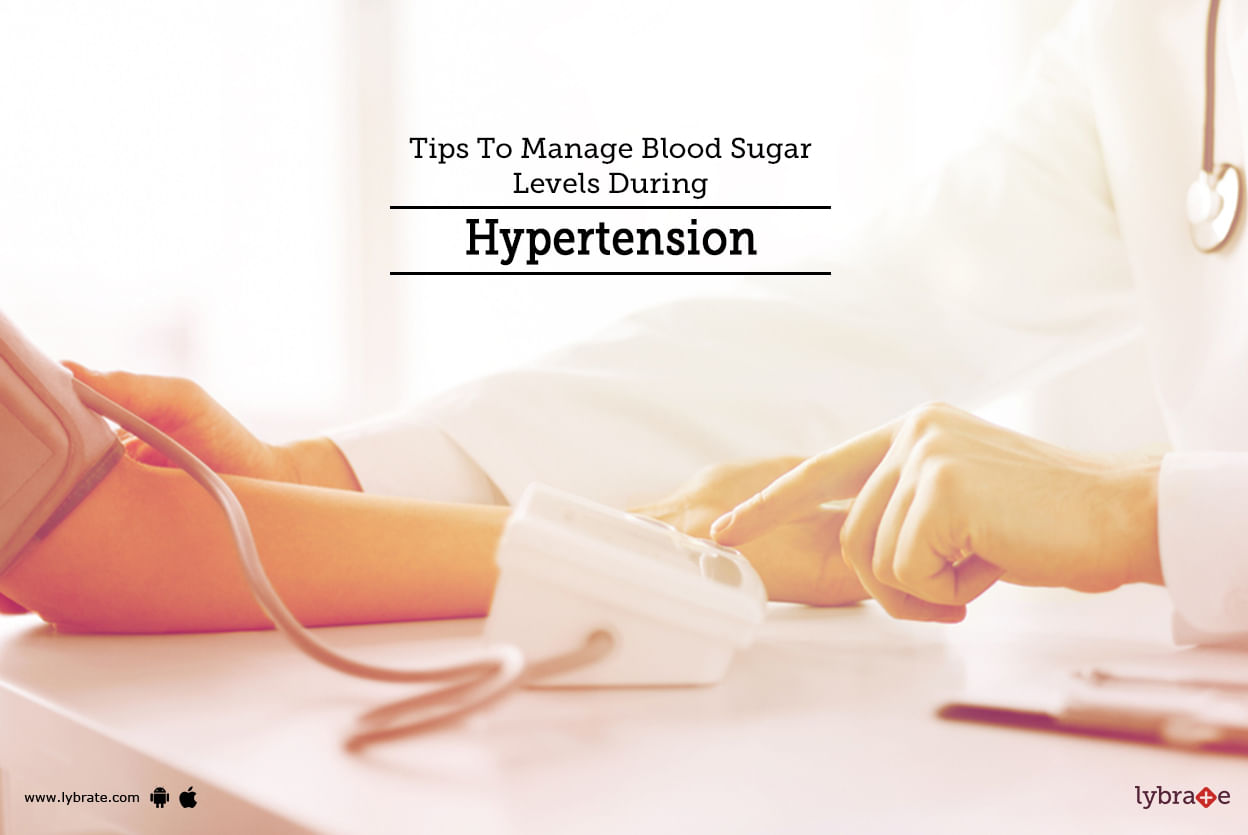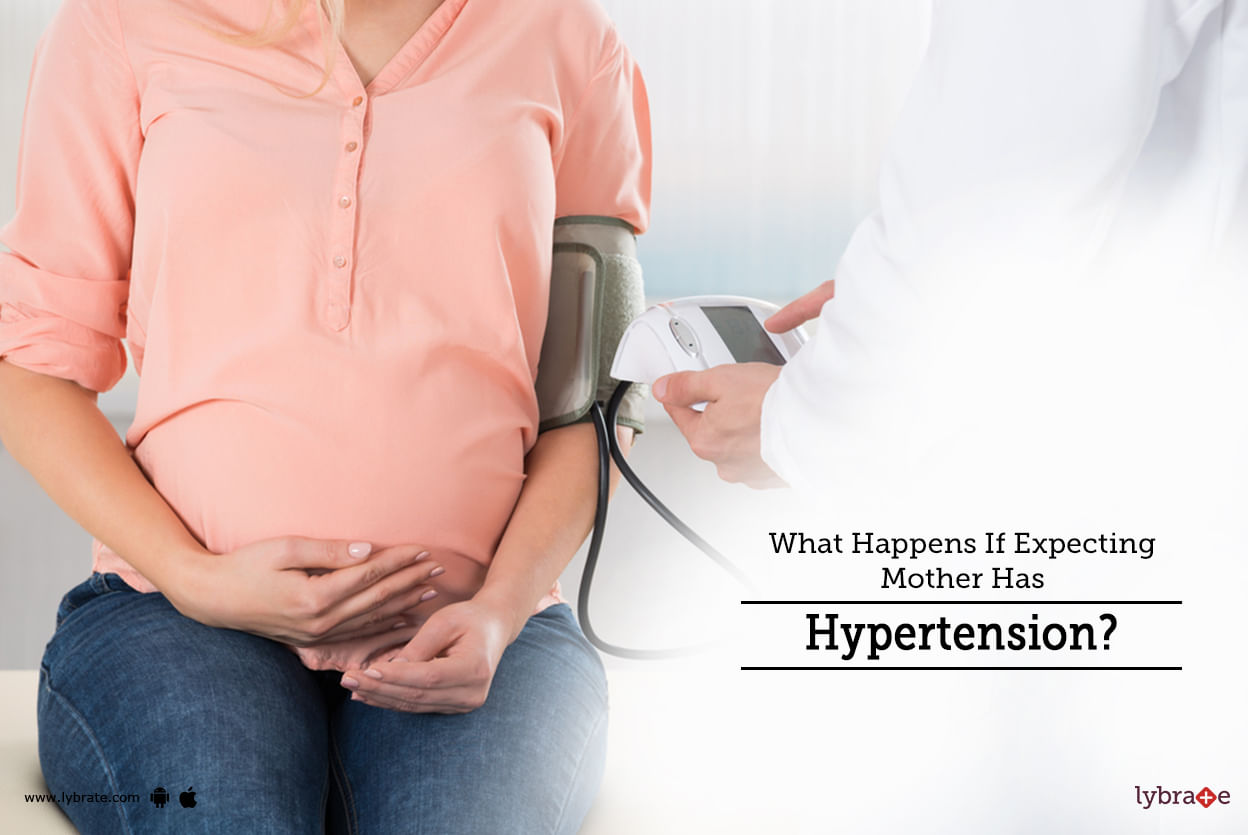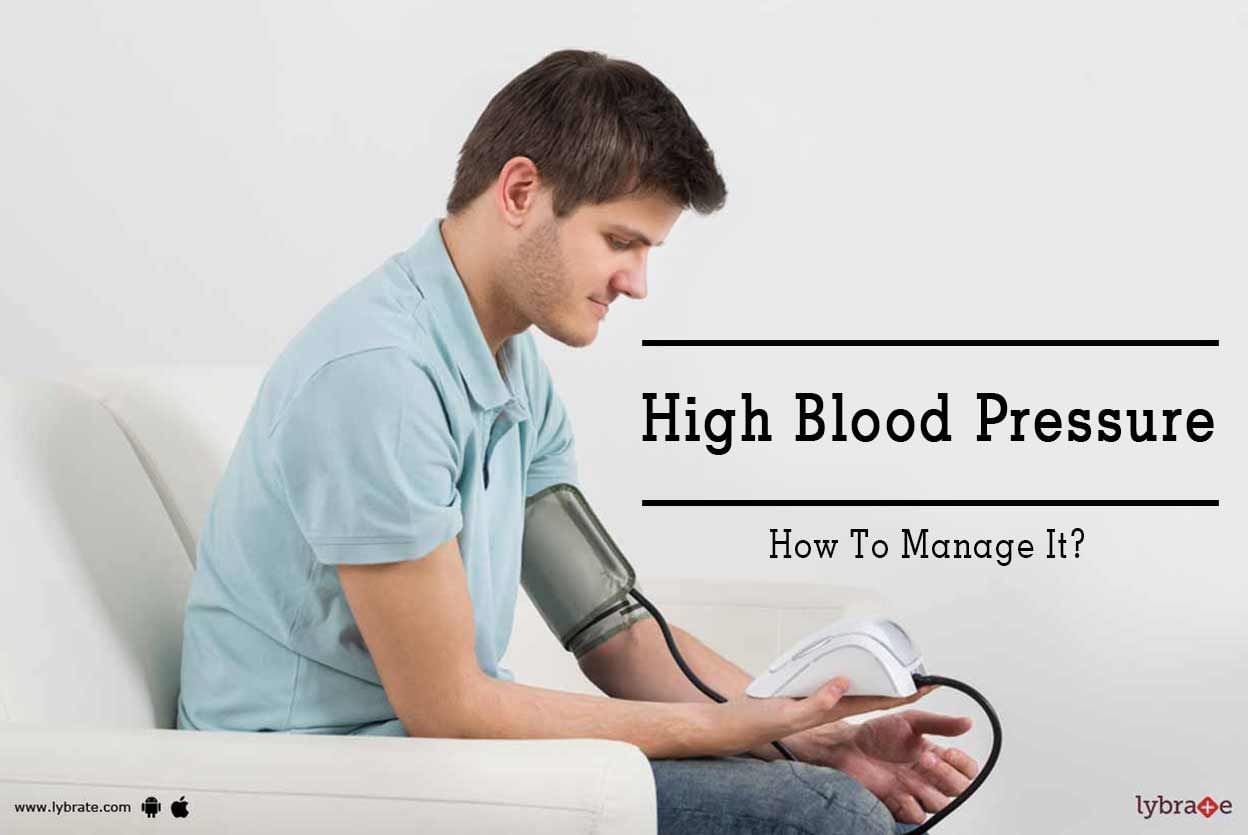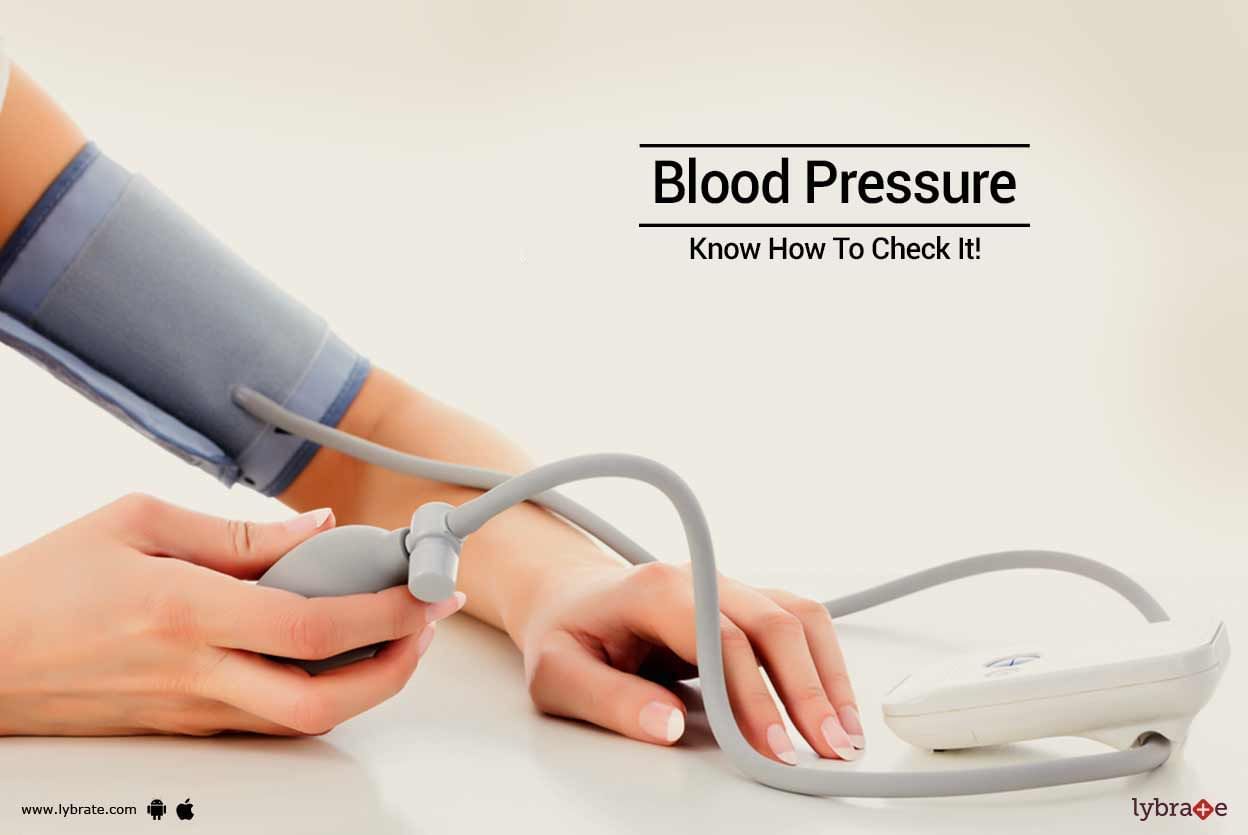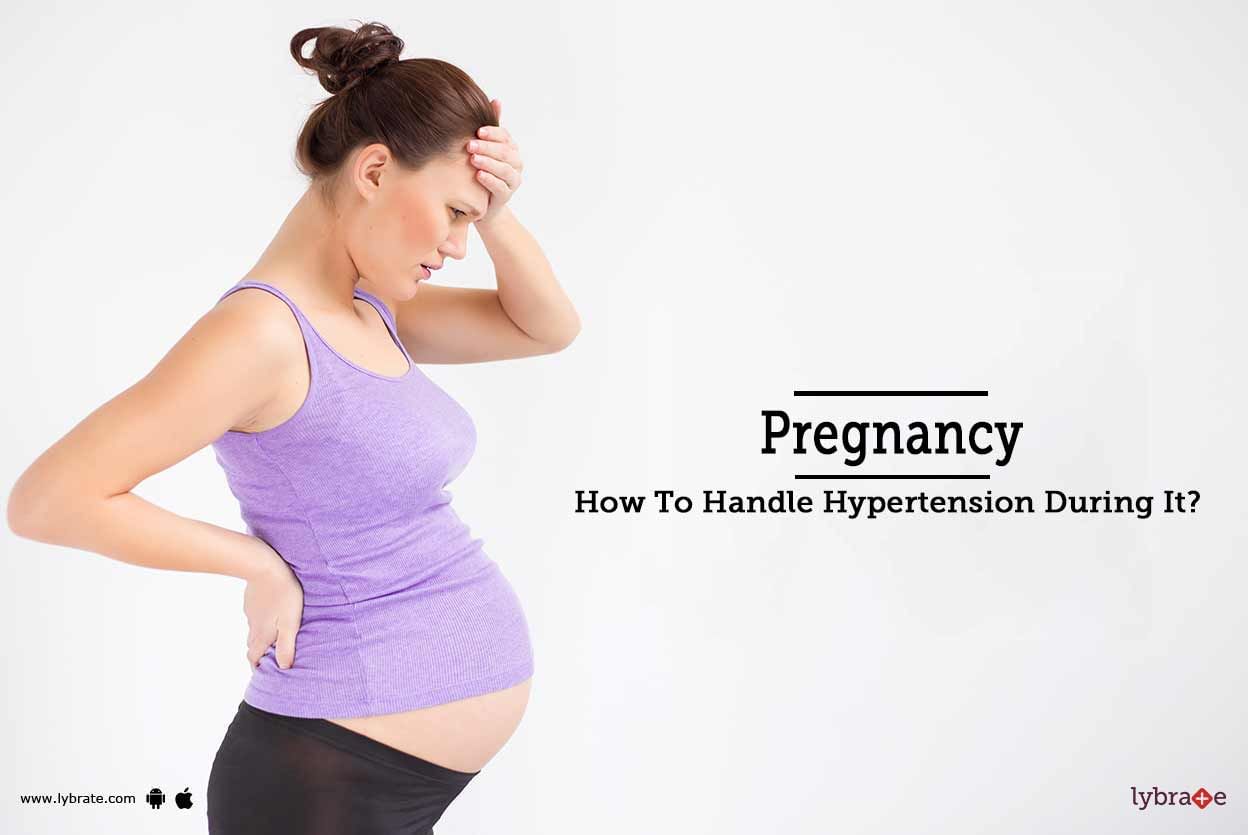Get the App
For Doctors
Login/Sign-up
About
Health Feed
Find Doctors
Health Packages
AllQ&AsTipsQuizzes
Hypertension Tips
Last Updated: 3 years ago• Featured Tip
Share
Bookmark
Report
Cardiologist•Bangalore
1. Dr. Pavankumar p rasalkar
Https://www. Lybrate. Com/bangalore/doctor/dr-pavan-rasalkar-cardiologist ;
Dm - cardiology, md - medicine, mbbs
13 years experience 600 at clinic
Dr. Pavankumar has extensive experience treating hypertension and cardiovascular conditions. He has also written numerous papers on these topics. He formerly served as a senior resident at pgimer in chandigarh. ;
One of the most com...more
Last Updated: 3 years ago• Featured Tip
Share
Bookmark
Report
Cardiologist•Delhi
1. Dr. Vinay sanghi
Https://www. Lybrate. Com/delhi/doctor/dr-vinay-sanghi-cardiologist
Fscai (int card), facc (card), facp (int medicine), mbbs
28 years experience 500 at clinic 500 online
;
Dr. Vinay sanghi is a board-certified cardiologist who has been giving his patients excellent care for more than 25 years. He got his training in cardiovascular diseases and interventional cardiology at some of the best universities in the coun...more
Last Updated: 3 years ago• Featured Tip
Share
Bookmark
Report
Resistant hypertension refers to the condition where your blood pressure remains high despite taking at least 3-4 different types of medications and diuretics. Resistant hypertension may occur due to one or more underlying causes hormonal abnormalities, plaque build-up in the arteries, obstructive sleep apnoea, obesity, and others.
Ways to manage resistant hypertension
Since neither medications nor diuretics yield the desired results, the only way to combat resistant hyperten...more
Ways to manage resistant hypertension
Since neither medications nor diuretics yield the desired results, the only way to combat resistant hyperten...more
Last Updated: 4 years ago• Featured Tip
Share
Bookmark
Report
Resistant hypertension refers to the condition where your blood pressure remains high despite taking at least 3-4 different types of medications and diuretics. Resistant hypertension may occur due to one or more underlying causes hormonal abnormalities, plaque build-up in the arteries, obstructive sleep apnoea, ;obesity, and others.
Ways to manage resistant hypertension
Since neither medications nor diuretics yield the desired results, the only way to combat resistant hyperte...more
Ways to manage resistant hypertension
Since neither medications nor diuretics yield the desired results, the only way to combat resistant hyperte...more
Last Updated: 4 years ago• Featured Tip
Share
Bookmark
Report
If you have high blood pressure, you would have to depend a lot on medications, as prescribed by your healthcare provider. Medications can help keep your blood pressure within the normal range. However, in order to be able to maintain a normal blood pressure reading, you should focus on other remedies too.
Here are a few ways through which you can manage ;hypertension
Decrease your daily ;sodium intake for most adults, a sodium intake of 1500mg or less...more
Here are a few ways through which you can manage ;hypertension
Decrease your daily ;sodium intake for most adults, a sodium intake of 1500mg or less...more
1 people found this helpful
Last Updated: 4 years ago• Featured Tip
Share
Bookmark
Report
High blood pressure, also referred to as hypertension, is a serious condition that may put you at risk of ;stroke and ;heart disease, if left untreated. Besides medications, there are other ways to control blood pressure levels. Most of these involve making changes in your habits and lifestyle.
Here is what you can do to get your blood pressure back to its normal range
Lose weight losing as little as 3-4 kg can make a big difference in your elevated blood pressu...more
Here is what you can do to get your blood pressure back to its normal range
Lose weight losing as little as 3-4 kg can make a big difference in your elevated blood pressu...more
Last Updated: 4 years ago• Featured Tip
Share
Bookmark
Report
Hypertension affects many women during ;pregnancy. Blood pressure readings that are equal to or greater than 140/90 mm/hg indicate elevated blood pressure. If left untreated, the condition can lead to serious health complications for the infant, the mother, or both.
Types of hypertension associated with pregnancy
Three types of hypertension are common in women during pregnancy
Chronic hypertension a woman with chronic hypertension either had elevated bl...more
Types of hypertension associated with pregnancy
Three types of hypertension are common in women during pregnancy
Chronic hypertension a woman with chronic hypertension either had elevated bl...more
Last Updated: 6 years ago• Featured Tip
Share
Bookmark
Report
Multi Speciality•Guwahati
High Blood Pressure, also known as Hypertension, is not a disease but a condition in which the force and amount of blood are high against artery walls for a long-term. This can cause several health issues as serious as heart attack and damage of blood vessels. Almost every individual experiences High Blood Pressure once in a while but when Blood Pressure remains mostly high, it becomes problematic. There are no major symptoms that can detect if a person has the problem of High Blood Pressure. Th...more
Last Updated: 6 years ago• Featured Tip
Share
Bookmark
Report
Measurement of the blood pressure is considered to be an important step in the diagnostic protocol since the flow of blood in the body determines one s health. Higher the blood pressure, more the risk of health problems.
Now what exactly blood pressure is? It is the pressure exerted by blood on the walls of the blood vessels, specifically on the large arteries of the systemic circulation. The normal resting blood pressure of the human body is 120/80 mm Hg, where 120 is the systolic pres...more
Now what exactly blood pressure is? It is the pressure exerted by blood on the walls of the blood vessels, specifically on the large arteries of the systemic circulation. The normal resting blood pressure of the human body is 120/80 mm Hg, where 120 is the systolic pres...more
Last Updated: 6 years ago• Featured Tip
Share
Bookmark
Report
Hypertension or high blood pressure in itself is a problem where the patient may have the risk of getting a stroke or heart attack! When it combines with pregnancy, the situation may worsen. However, it is not always that hypertension during pregnancy is dangerous, but if care is not taken it may be fatal.
Is hypertension during pregnancy really dangerous?
When a woman has hypertension, either before conception or after it, she has risks of certain complications that may occur ...more
Is hypertension during pregnancy really dangerous?
When a woman has hypertension, either before conception or after it, she has risks of certain complications that may occur ...more
Book appointment with top doctors for Hypertension treatment
View fees, clinic timings and reviews
Ask a free question
Get FREE multiple opinions from Doctors
posted anonymously



